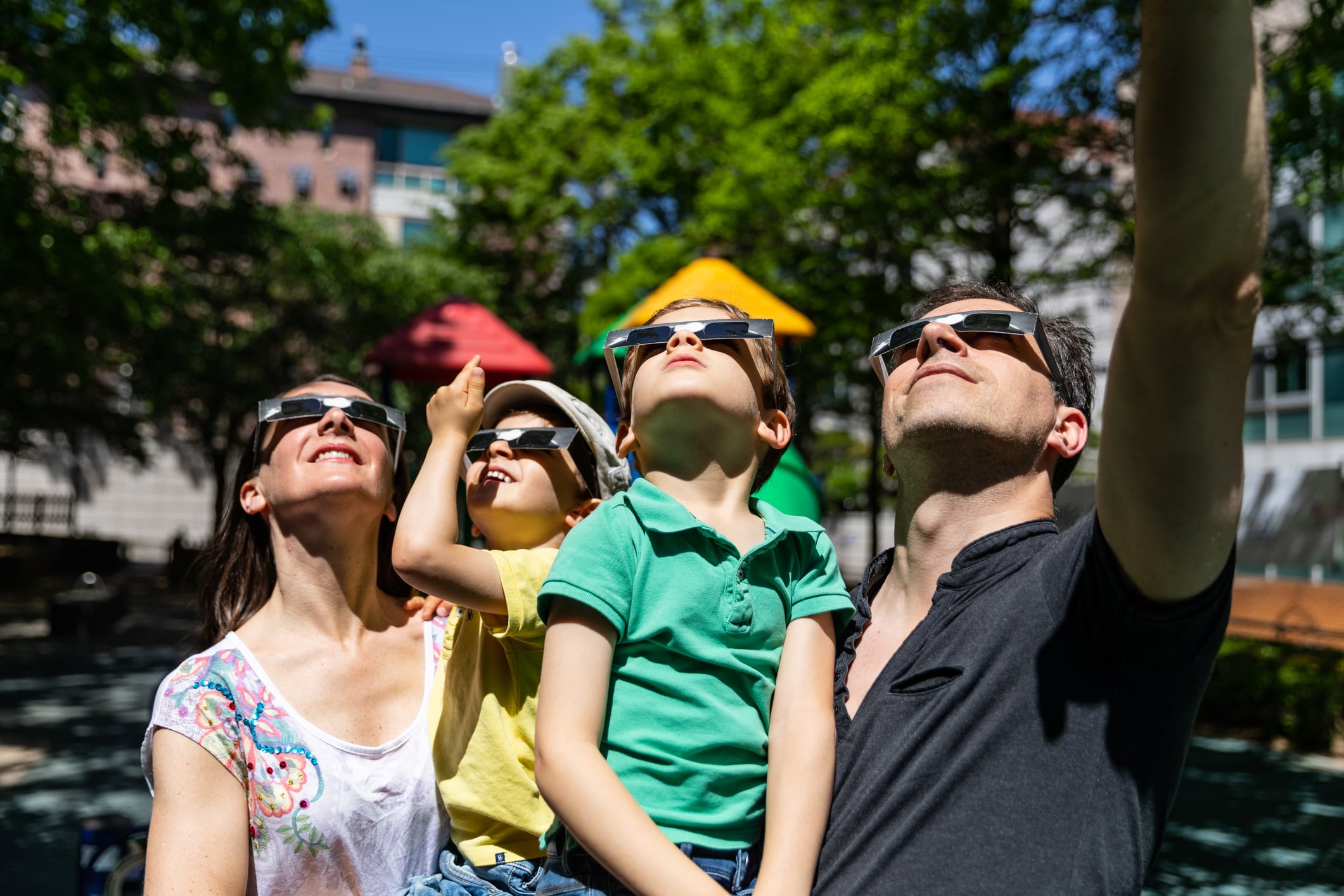On the afternoon of Monday, April 8, the skies over eastern North Carolina will offer a spectacular sight: a solar eclipse. However, ECU Health ophthalmologist Dr. Ann Ostrovsky emphasizes a crucial caution: never gaze directly at the eclipse without proper eye protection. Doing so risks severe and potentially irreversible damage to your vision and eyesight, even leading to blindness.
A solar eclipse happens when the moon blocks the sun from view over a period of a couple of hours.
According to Dr. Ostrovsky, looking directly at the sun during the eclipse can cause a burn to the retina, even after a few seconds. This damage can cause a range of vision impairments including color distortion and reduced clarity. This risk extends to viewing the sun through any optical aid such as camera lenses, telescopes or binoculars.

“The consequences of retina damage from direct eclipse viewing are often permanent, with symptoms appearing within a 24 hours,” said Dr. Ostrovsky.
However, there are safe methods to watch the eclipse. Specialized eclipse glasses or pinhole cameras provide effective protection. It’s important to note that eclipse glasses differ significantly from standard sunglasses.
Dr. Ostrovsky stresses the importance of using proper eclipse viewing equipment.
“Ensure you have certified solar eclipse glasses with the appropriate grading, and always inspect them for any signs of damage or wear before use,” said Dr. Ostrovsky.
Should you suspect any optical damage following the eclipse, immediately contact your eye care provider.
While the solar eclipse promises a memorable sight, remember to protect your eyesight should remain the foremost priority during this awe-inspiring event.